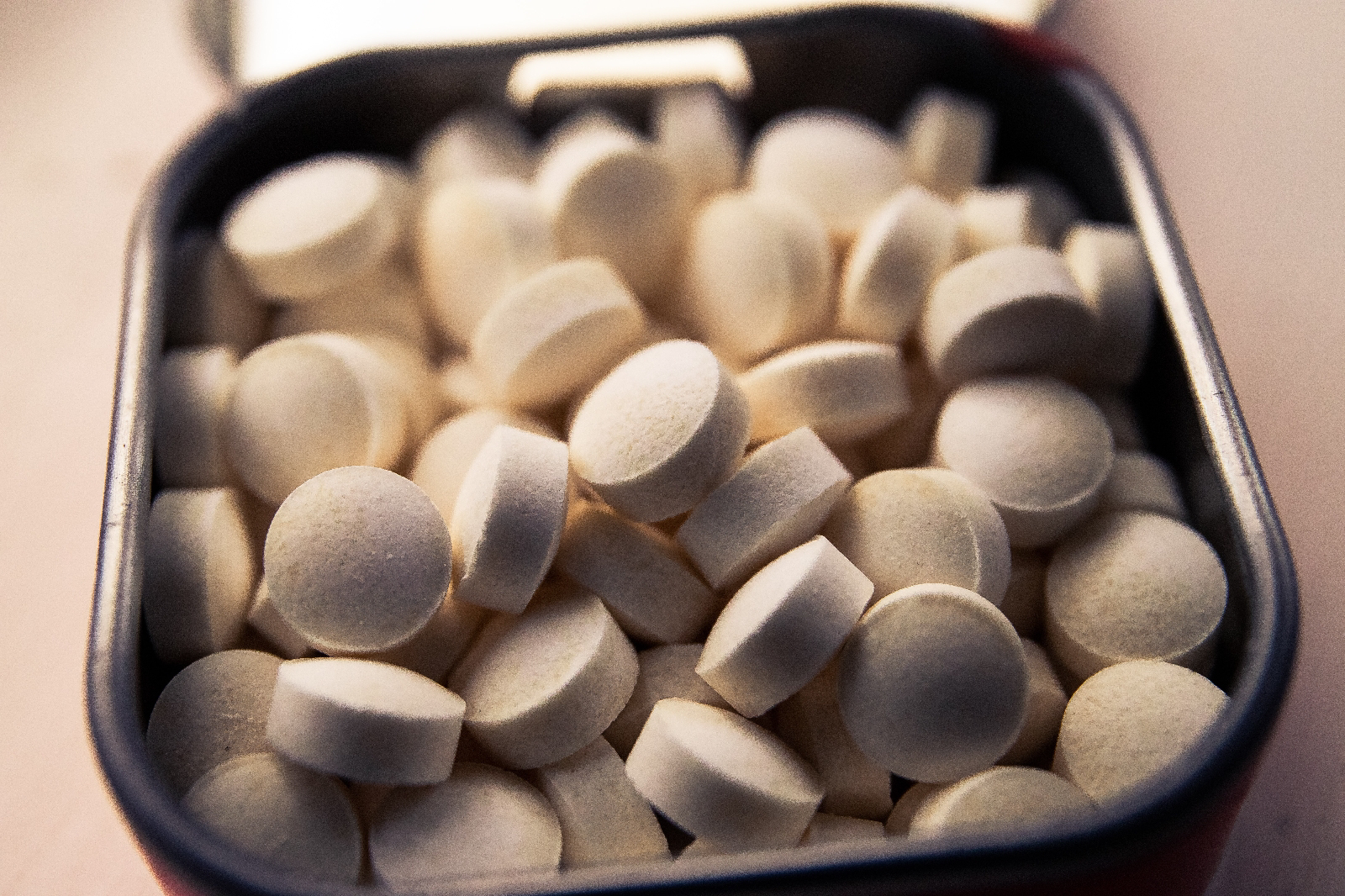What are the health effects of vitamin D deficiency? Vitamin D Natural Source: 5 foods rich in vitamin D If there is a lack of vitamin D in the body, then you must include in your diet.
What is Vitamin D?
Vitamin D is a substance whose greatest action is to control blood calcium levels and bone health. Calciferol is unique in the case of other vitamins: in addition to being obtained through food, it can also be produced in our own body, by sunlight. Therefore, all other vitamins can be taken only in the diet, but with adequate exposure to sunlight, your body can get enough vitamin D.
What Does It Do in Your Body?
Vitamin D is a group of fat-soluble secosteroids responsible for increasing intestinal absorption of calcium, magnesium, and phosphate, and many other biological effects. In humans, the most important compounds in this group are vitamin D₃ and vitamin D₂.
Getting enough vitamin D may also play a role in helping to keep you healthy by protecting against the following conditions and possibly helping to treat them. These conditions can include:
- Heart disease and high blood pressure.
- Diabetes.
- Infections and immune system disorders.
- Falls in older people.
- Some types of cancer, such as colon, prostate and breast Cancer.
What are the health effects of vitamin D deficiency?
Here are some potential benefits of vitamin D:
Reduced risk of osteoporosis, falls, and fractures. Higher doses of vitamin D can help prevent osteoporosis, falls, and fractures in older adults (30Trusted Source).
Better strength. Vitamin D can increase physical strength in both upper and lower limbs (31Trusted Source).
Cancer prevention. Vitamin D may help prevent cancer. One study noted that 1,100 IU per day — alongside calcium — reduced cancer risk by 60% .
Depression management. Studies show that vitamin D may ease symptoms in people with clinical depression.
Reduced risk of type 1 diabetes. One study in infants linked 2,000 IU of vitamin D per day to a 78% reduced risk of type 1 diabetes.
Vitamin D In Corona: It is very important to boost immunity during the corona period. In such a situation, there should not be any deficiency of any vitamins and minerals in your body. Vitamin D is very important in the body to stay healthy. Vitamin D works to strengthen bones and muscles. If there is a deficiency of Vitamin D in your body, then it also affects your immune system. In such a situation, even to avoid the corana virus, you should not be deficient in vitamin D. Vitamin D deficiency can cause many problems in the body. You will feel tired throughout the day, prone to early injury, may suffer from depression and your bones may become weak. You can take supplements on the advice of a doctor to overcome vitamin D deficiency. But if you do not want to take medicine, then you can fulfill the deficiency of vitamin D by eating many things.eqa dose of 600 to 800 IU is required to maintain vitamin D levels in most adults. For comparison, look at vitamin D levels in some food examples
Sources of Vitamin D:
Cod liver oil - 1 tsp contains 450 IU; 1 dessert spoon contains 1350 IU.
Raw, canned or cooked red salmon - 75 g contains 600 IU.
Raw, canned or cooked pink salmon - 75 g contains about 500 IU.
Tuna - 75 grams contains about 200 IU.
Eggs - 2 large units contain about 80 IU.
Beef steak - 75 grams contains about 36 IU.
Some other sources of vitamin D
Cow's milk and curd- You can also drink cow's milk if there is a deficiency of vitamin D. It is the best source of vitamin D and calcium. You can get enough vitamin D from a glass of cow's milk daily. At the same time, with curd, you can fulfill the deficiency of vitamin D. Yogurt is also beneficial for the stomach in summer.
Mushroom- Mushroom is the best source of vitamin C in the food items. Mushrooms are also rich in Vitamin B1, B2, B5 and Magnesium. Mushrooms grown in the sun can be eaten when there is a deficiency of vitamin D. It is very useful for health.
Orange- If you want to take adequate amount of Vitamin D daily, then you can also drink orange juice for this. Orange juice is also beneficial for health. Vitamin C is also found in abundance in it.
Summary-
Benefits of vitamin D 9
promoting healthy bones and teeth.
supporting immune, brain, and nervous system health.
regulating insulin levels and supporting diabetes management.
supporting lung function and cardiovascular health.
influencing the expression of genes involved in cancer development.
Food sources for vitamin D- cod liver oil,fish,milk,eggs, mashroom, orange
Disclaimer: the information in the article is for educational purpose. Take these only as suggestions. Before following any such treatment/medication/diet, please consult a doctor.






Comments
Post a Comment